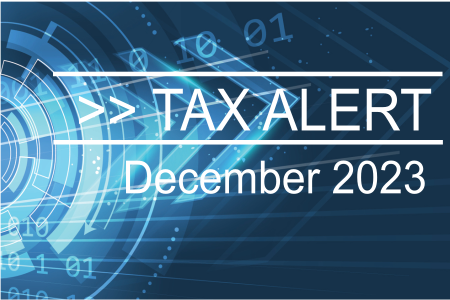Most SMSF trustees thought life would be calmer after the latest batch of superannuation reforms came into force, but things are never that simple when it comes to super.

Funds with members affected by the $1.6 million transfer balance cap now face important decisions about whether or not to apply for transitional capital gains tax (CGT) relief before they lodge their 2016/17 SMSF annual return.
SMSF trustees can apply for CGT relief if they needed to reallocate assets from the fund’s pension account to the accumulation account to comply with the new transfer balance cap and Transition to Retirement Income Stream (TRIS) rules commencing on 1 July 2017.
The relief provisions give the SMSF a tax exemption on any capital gains accrued but not realised on certain assets supporting super retirement income streams prior to 1 July 2017.
The CGT relief works by deeming selected assets to have been sold and immediately re-purchased by the SMSF on 30 June 2017, which resets the cost base of the chosen asset to its market value on that date. (In reality, there was no transfer of ownership.)
The deemed sale creates a notional capital gain or loss for the selected asset and this affects the notional capital gains/losses of the SMSF if the fund holds anything in its accumulation account.
Applying for relief
Like most things to do with super, the rules around the CGT relief are complex. Two key points SMSF trustees need to remember are: the relief is not automatic and once the fund applies for it, the decision cannot be revoked.
Eligible SMSFs choosing to take advantage of CGT relief must advise the ATO on, or prior to, the 2016/17 annual return lodgement date, which has been extended to 30 June 2018. Funds that have already lodged their annual return have until that date to amend their return if they now wish to include a CGT relief election.
To make a CGT relief application, the fund must complete the CGT schedule in its 2016/17 annual return. SMSFs are required to report whether they are electing to use the CGT relief provisions and the total amount of any deferred CGT arising from applying the relief.
Reviewing fund assets
As CGT relief is applied on an asset-by-asset basis rather than across the entire fund, trustees will need to review every asset in their fund and decide whether to seek relief for some – or all – of the assets in the SMSF.
If the trustee decides to apply for transitional CGT relief, the next decision is whether to use the segregated or proportionate method, each of which has a different calculation.
An important point to note is if the SMSF had 100 per cent of its accounts in the pension phase on 9 November 2016, the trustee can only use the segregated method. If this is not the case, trustees can select either method.
Valuations are vital
If all that isn’t enough, SMSFs must also ensure the fund’s assets are appropriately valued, with the resulting valuations supported by objective evidence and data. The CGT relief does not require special valuation rules, but the ATO does expect SMSFs to use an ‘acceptable’ method that can be easily explained.
SMSFs will need to get their asset valuations correct, otherwise fund members risk exceeding their transfer balance cap and the imposition of penalty interest by the ATO. For difficult to value assets, trustees may need to obtain an independent valuation.
Trustees should also check whether fund members have any other pension accounts – such as a small defined benefit pension from a previous job – before seeking CGT relief. All super pension account arrangements are counted by the ATO towards a SMSF member’s $1.6 million transfer balance cap, so this should be checked before making any decisions in relation to CGT relief.
Get professional advice
Unfortunately, there is no simple template to follow when it comes to making decisions about applying for CGT relief or which assets to select, as the situation will differ from fund to fund.
The ATO is strongly encouraging any SMSF considering taking advantage of the transitional CGT relief provisions to consult the information on its website and to seek independent professional advice before making an election for the fund.
As the issues around seeking CGT relief are very complex, please call us to discuss your end of financial year tax planning well in advance of 30 June.
Is my SMSF eligible for transitional CGT relief?
Before applying to the ATO for transitional CGT relief, a SMSF must meet all the following criteria:
- The SMSF must be a complying super fund from 9 November 2016 until the date relief is applied.
- At least one member must have commenced a pension (Transition to Retirement Income Stream or Simple Account Based Pension) prior to 1 July 2017.
- At least one of the pensions being paid by the SMSF is affected by the $1.6 million transfer balance cap and needed to partially rollback money into the accumulation account to comply with the new rules prior to 1 July 2017.
- The relevant assets were bought by the SMSF prior to 9 November 2016 were held continuously until 30 June 2017 (the ‘pre-commencement period’).
- The trustee must make a valid election to the ATO before 30 June 2018 as part of the SMSF annual return.
Did you enjoy this article?
Click below to share it
More News Articles
Connect Through our Socials
While you may have come to us from a variety of sources, the time has never been better to join us.
Connect through out socials to keep up to date with our latest news and get some tips.










